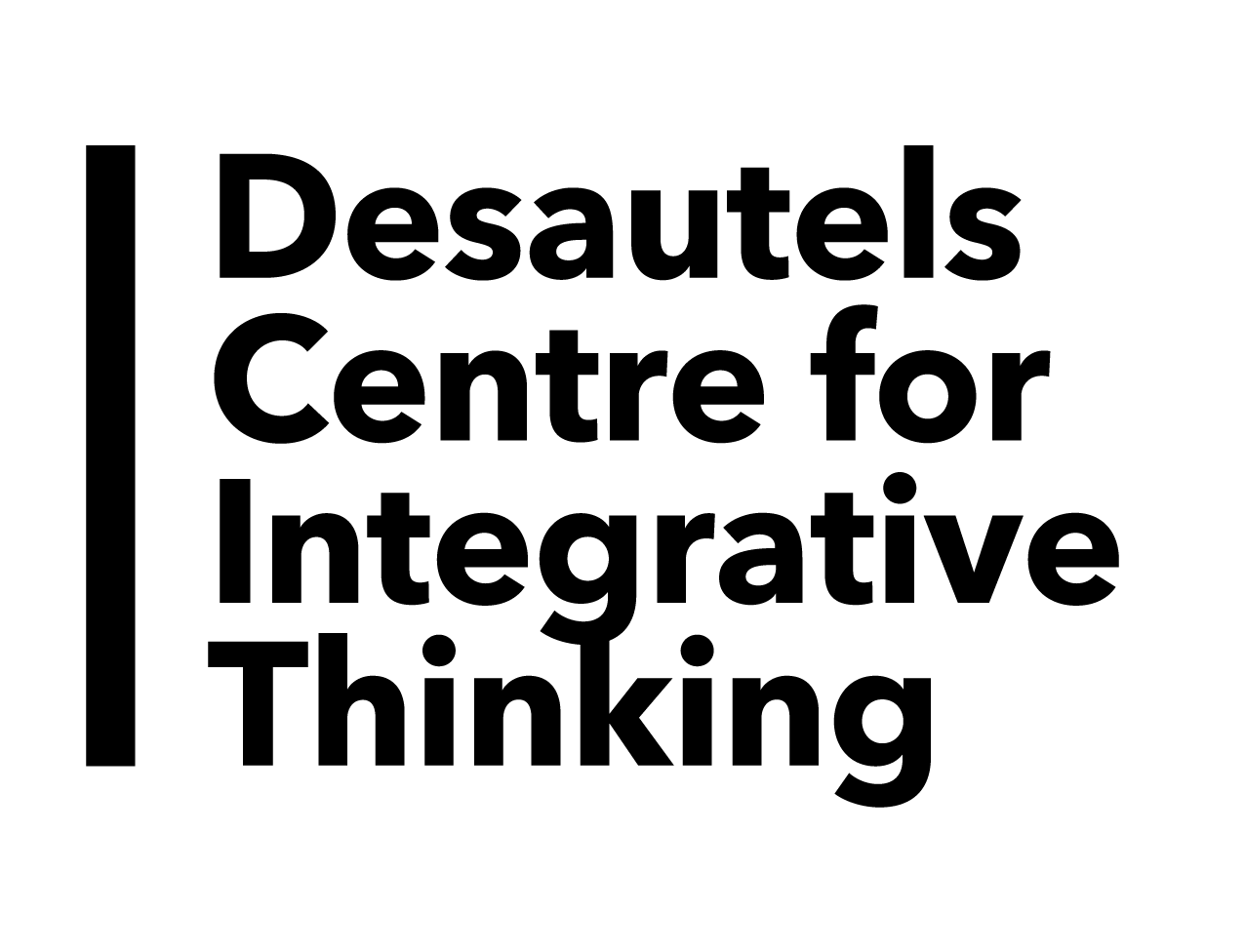Generative AI in Learning, Teaching and Organizational Work
We are investigating and prototyping the ways in which generative AI – and in particular Large Language Models - can be used to augment human skill and intelligence in organizations and to meaningfully shape the ‘learning production function’ in a business school and post-secondary education setting. In the process, we are mapping and articulating ways in which quintessentially human skills, right now, can be identified and developed, ways in which managers and executives can use large language models to augment their functions in organizations in ways that expand the scope and scale of their activities, and ways in which the practices of teaching and learning can and should be changed in response to the widespread use of large language models by students and faculty members. The research is meant to guide our own efforts as a school for future executives and a university, not least by building prompting, contextualization, fine-tuning and large language model control technologies and platforms that will help higher education as a whole navigate an interesting – which means both dangerous and stimulating – phase in its development.
Current questions we are focusing on include:
How should the practices of teaching and learning change in response to widespread adoption of large language models?
What are the quintessentially human skills that are, at this point, not delegatable to machine agents, and how can we go about identifying, measuring and developing them?
Can machines be used to make humans better at being humans? How? Through coaching? Feedback? Co-operation? In what settings? What are the use cases? How can we instrument progress through technology development and technological integration into the educational experience?
Is there a specific set of ‘prompt design, architecture and engineering’ skills that learners in a business school or university need to master now? What are they? What are test cases and use cases? What are performance thresholds and certification requirements?
Representative Publications
• Djikic, M., K. Oatley and M.C. Moldoveanu. 2013. “Reading Other Minds: Effects of Literature on Empathy”, Scientific Studies of Literature.
• Djikic, M., K. Oatley and M.C. Moldoveanu. 2013. “Opening the Closed Mind: The Effect of Exposure to Literature on the Need for Closure”, Creativity Research Journal, Vol. 25(2):149-154.
• Internal Participants: Professor Maja Djikic, Professor Alexandra Mackay, Professor Dmitry Krass, Professor Kevin Bryan.
External Collaborators:
Stuart McDonald, CIO, Colliers International.
Contact
Desautels Centre for Integrative Thinking
Rotman School of Management
105 St. George Street,
Toronto, Ontario M5S 3E6


